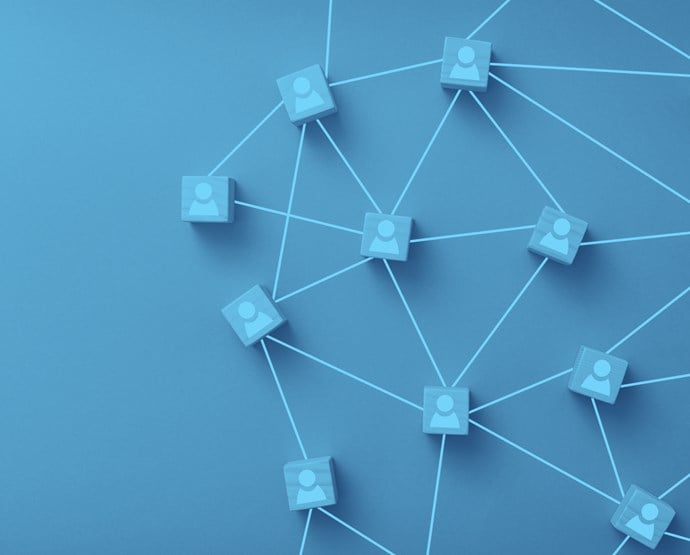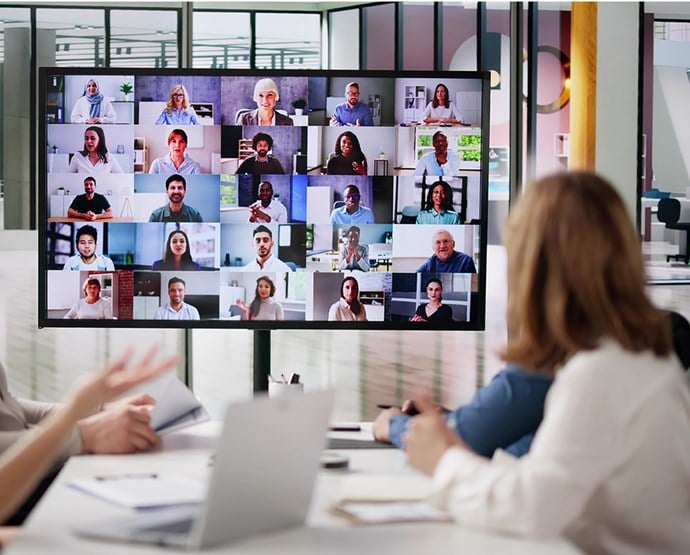
3 myths about business networking
There are a many myths surrounding business networking. The West Sweden Chamber of Commerce are strong believers in the benefits of business networking but there are still many sceptics who have yet to be convinced.
Kontakta mig vid frågor
Networking guru Andy Lopata held a keynote speach for the Chamber last week during it’s Chamber Week. We took the opportunity to ask him for his views on three of the most common arguments we face when promoting the benefits of business networking.
Networking is very time consuming and it’s impossible to measure the effects
Yes, you have to invest time as relationship building takes time. But networking can also be a time saver. If you learn information via networking that later helps you to avoid doing something wrong, or if a connection or information helps win a tender, or gives you the confidence to do something, then this ultimately saves you time.
Measuring the return on your time-investment is not impossible, some of it is tangible, for example, you can track back a business deal to see where it originated. But you do have to be patient. Networking gives you a longterm return on investment, not an immediate one like advertising, for example. As for the intangible benefits, like building confidence, getting access to support and business information, it’s true these cannot be measured but they are so vital to making business better.
Extroverts make the best networkers and I’m not an extrovert
Introverts are actually in many ways better at networking than extroverts! One of the biggest skills in networking is listening and looking out for other people and introverts are more inclined to do this than extroverts. Extroverts talk, introverts listen and therefore they don’t miss any opportunities to make connections. People forget that social networking actually evolved from message boards which was essentially networking for introverts! The reason for this common myth is that many people only see netwoking as networking events with lots of people. But this is only one aspective of many in networking. Joining a peer group or going to lunch meetings is also networking.
Networking is just for jobseekers
Employers who are negative to networking are not thinking strategically about the role networking plays in their business and how it can help their teams achieve their goals. It’s about having a strategy and actively guiding employees in their networking. If you guide people, they will network to build business networks not personal networks. Of course, they may also build personal networks which may lead to other jobs, but by trusting them they are more likely to want to stay employed with you. Even if they do decide to leave, they’ll talk about their current employeer in a positive way which in turn can mean that rather than losing top talent, the company will attract top talent.
The future of networking
Finally we asked Andy about his views on the future of networking and the suggestion that social media will one day replace real-life networking.
I don’t believe that real-life networking will ever be replaced in this way. Networking on social media is a great complement which helps you to connect to new people, manage your existing network and stay in touch when you are not able to physically be in touch. But social networking allows only for surface connections - you can like, comment, retweet etc but whenever possible you should take the opportunity to meet people, as it is personal contact that builds deeper relationships.

































